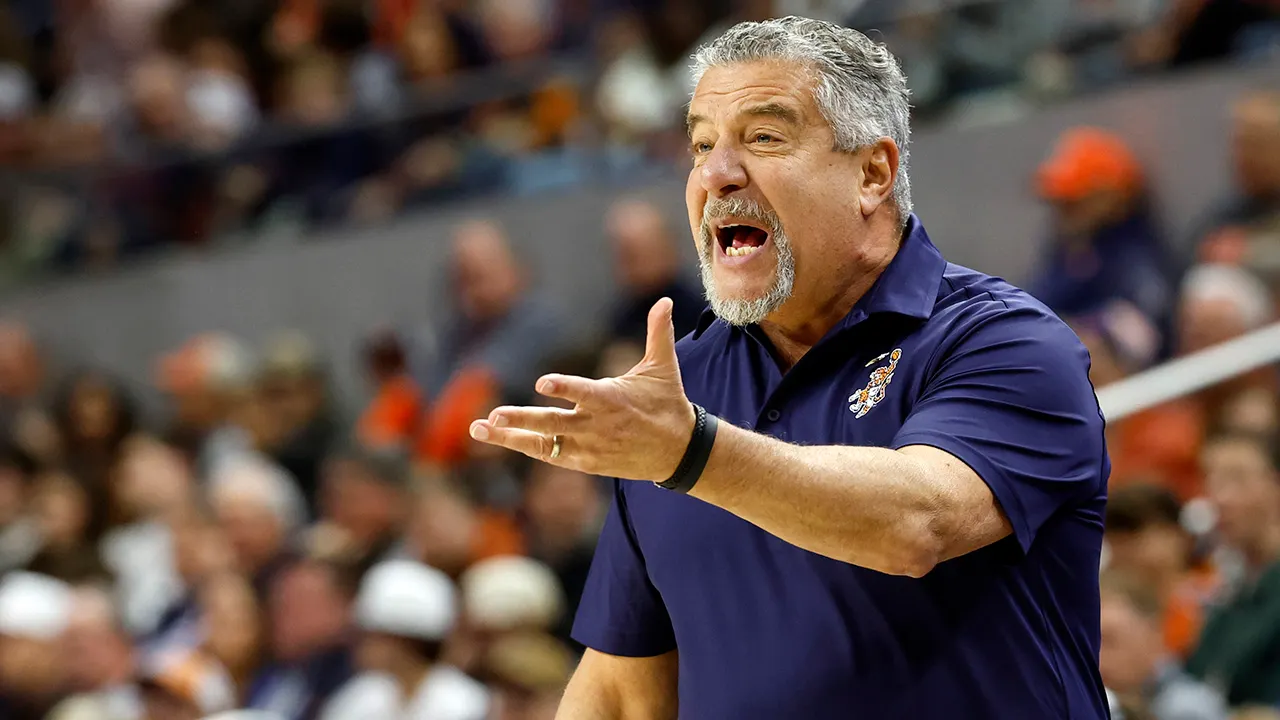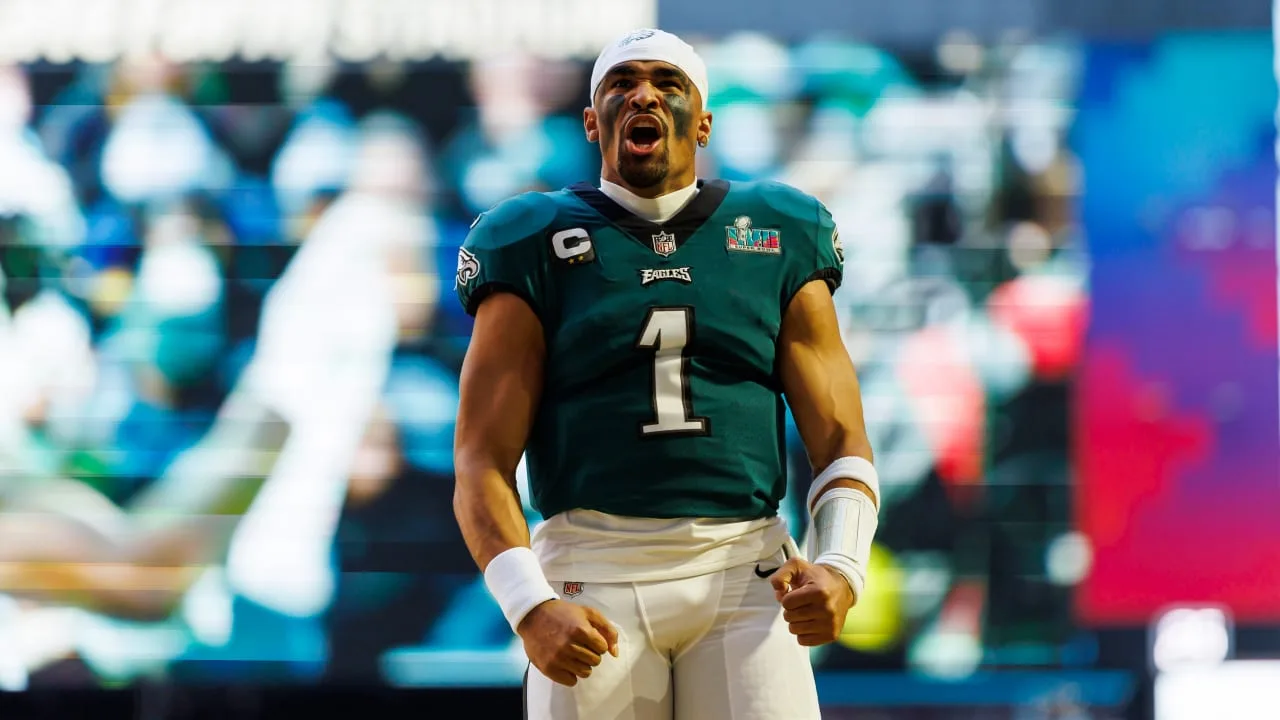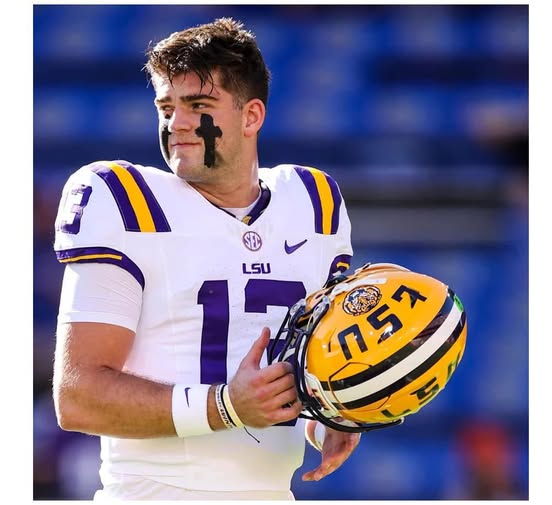Auburn men’s basketball head coach Bruce Pearl is no stranger to making headlines, but his latest public statement has ignited both praise and controversy far beyond the world of sports. On Tuesday, Pearl took to social media to make a bold and politically charged declaration: he believes former U.S. President Donald Trump deserves the Nobel Peace Prize following Trump’s role in brokering a ceasefire between Israel and Iran.
The ceasefire, which stunned international observers, was announced early Tuesday morning after weeks of escalating tensions between the two nations. Trump, though out of office, reportedly played an unofficial diplomatic role behind the scenes, leveraging relationships formed during his presidency to bring both sides to the table. The ceasefire, if it holds, could mark the most significant de-escalation of Middle East hostilities in over a decade.
Pearl, who is Jewish and an outspoken supporter of Israel, did not mince words in his post.
“Donald Trump just did what the global community failed to do for years. He brought Israel and Iran to a ceasefire,” Pearl wrote on his verified X (formerly Twitter) account. “Give that man the Nobel Peace Prize. No debate.”
The reaction was immediate and intense. Within hours, Pearl’s name trended nationwide as both supporters and critics weighed in. Some lauded the Auburn coach for speaking his mind and highlighting Trump’s involvement in a major international breakthrough. Others accused Pearl of politicizing his platform as a college basketball coach, especially given the divisiveness surrounding Trump’s legacy.
Pearl, however, has never shied away from mixing sports, faith, and politics. His connection to Israel runs deep. In 2017, he led Auburn’s basketball team on a historic trip to Israel, referring to it as a “birthright” journey for his players. Pearl, whose father is of Jewish descent, has repeatedly voiced unwavering support for the nation.
In a follow-up interview with a Birmingham radio station, Pearl doubled down on his Nobel remarks.
“Look, this isn’t about politics; it’s about peace,” Pearl said. “I don’t care if you love Trump or hate him. The fact is, he helped broker a ceasefire between Israel and Iran—a conflict that could’ve spiraled into full-blown war. That deserves recognition.”
According to multiple reports, Trump’s involvement in the ceasefire negotiations was largely behind the scenes but pivotal. Leveraging contacts in the Israeli government, Gulf states, and backchannel communications with Iranian intermediaries, Trump reportedly encouraged both sides to step back from the brink. His personal rapport with Israeli Prime Minister Benjamin Netanyahu and certain factions within Iran’s political structure allowed him to exert influence that traditional diplomatic channels struggled to achieve.
The ceasefire comes after months of heightened tensions marked by military skirmishes, cyberattacks, and inflammatory rhetoric from both governments. International efforts, including attempts by the United Nations, European Union, and even the Biden administration, had thus far failed to produce tangible results.
The Trump-brokered breakthrough surprised many, given his status as a former president. Some critics questioned the legitimacy of a private citizen playing such a central role in global diplomacy, while supporters hailed his efforts as proof of his continued influence and leadership.
Pearl’s public endorsement of Trump for the Nobel Peace Prize taps into a long-standing debate regarding who merits the prestigious honor. Past recipients include U.S. presidents like Barack Obama, whose award in 2009 sparked similar controversy, and historical figures such as Nelson Mandela, Mother Teresa, and Martin Luther King Jr.
In Pearl’s eyes, Trump belongs in that category—at least if the ceasefire holds.
“Peace is peace,” Pearl emphasized during the radio interview. “We should be applauding anyone who helps prevent war, save lives, and de-escalate violence. If Donald Trump made that happen, recognize him for it.”
The ceasefire itself was confirmed Tuesday morning by Israeli and Iranian officials, marking a temporary halt to hostilities. The details of the agreement include mutual cessation of missile strikes, cyber warfare limitations, and the opening of new diplomatic channels mediated by neutral third parties, reportedly including representatives from Switzerland and Qatar.
While the ceasefire was welcomed by many world leaders, reactions to Trump’s involvement have been polarized, particularly within the United States.
Supporters within the Republican Party and Trump’s political base praised both the ceasefire and Pearl’s Nobel endorsement. Conservative commentators flocked to social media, echoing Pearl’s sentiment and highlighting Trump’s foreign policy track record, notably the Abraham Accords, which normalized relations between Israel and several Arab nations during his presidency.
“This is another example of Trump’s ability to make peace where others have failed,” Fox News host Sean Hannity remarked. “Bruce Pearl gets it.”
Conversely, critics argue that Pearl’s comments oversimplify a complex geopolitical situation and elevate Trump’s role without sufficient context. Some noted that Trump’s broader foreign policy, especially his withdrawal from the Iran nuclear deal in 2018, arguably fueled the tensions that led to the recent brinkmanship.
“It’s astonishing how quickly some people forget history,” political analyst Rachel Maddow stated during her MSNBC broadcast. “While a ceasefire is welcome, we must remember how we got here. Trump’s reckless policies contributed to this instability in the first place.”
Pearl, for his part, appears unfazed by the backlash. Known for his passionate personality on and off the basketball court, he has cultivated a reputation for speaking candidly, regardless of potential fallout.
Throughout his tenure at Auburn, Pearl has turned the Tigers into a perennial SEC powerhouse, but his legacy extends beyond wins and losses. His vocal support for Israel, community outreach, and willingness to engage in public discourse on polarizing topics have made him one of the more recognizable—and at times controversial—figures in college sports.
Whether Pearl’s call for a Nobel Peace Prize for Trump gains traction remains to be seen. The Nobel Committee, based in Oslo, Norway, traditionally awards the Peace Prize based on recommendations from global leaders, institutions, and select individuals. While public endorsements like Pearl’s may influence perception, the official process remains steeped in confidentiality and rigorous evaluation.
Still, Pearl’s remarks have injected new energy into the conversation surrounding Trump’s ongoing influence on the world stage, even as a private citizen.
As of Tuesday afternoon, neither Trump nor his representatives have publicly responded to Pearl’s endorsement. However, sources close to the former president suggest he is aware of the coach’s comments and appreciates the recognition.
Meanwhile, Auburn University has not issued an official statement regarding Pearl’s remarks. Historically, the institution has maintained a neutral stance on political commentary from staff, emphasizing individual freedom of expression while upholding university values.
The Israel-Iran ceasefire continues to hold as of this writing, with diplomatic talks reportedly ongoing in neutral locations across Europe and the Middle East. Whether the ceasefire evolves into a lasting peace remains uncertain, but for now, the world breathes a cautious sigh of relief.
Bruce Pearl’s bold declaration has reignited debates over politics, sports, and the meaning of peace, once again placing the outspoken Auburn coach in the national spotlight.



